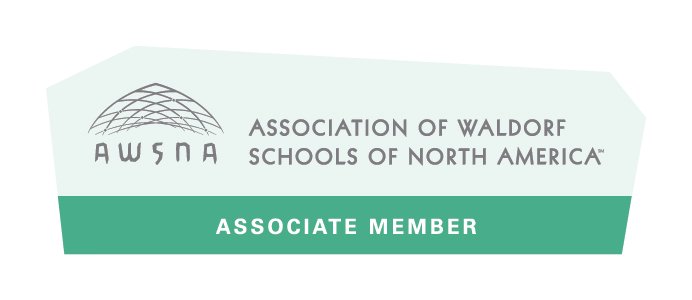by Kristen Henley-Hills, Movement Teacher
This strange, utterly singular experience of closed schools, social distancing, and consequent family togetherness for all things is presenting unique opportunities. While we can all probably bring to the front anxieties about what this means for the future both for the macro and our individual families, let’s practice a form of emotional distancing from these worries in front of our children!
By this I mean that we need to strive to leave our fears and adult worries at the door when we greet our young people and work with them. What they need most right now is a sense of security and an assurance that the adults in their lives are hopeful and taking care of things. Am I suggesting that you fake it in front of them? In a sense, yes.
Even before this crisis, children born after 9/11 have experienced unprecedented anxiety. It seems to be in the air. Our world is changeable and fast-paced. But, the hope here is that these wonderful children are born into this time ready to take on the challenges of the world. While they are developing, we need to protect and guard them while they get their “feet under them.” It’s not a very popular idea not to tell your children everything that is going on and what you are feeling, but I would argue that this is exactly what they need.
As an example, I have a niece who was informed of every aspect of this virus while still in school. Consequently, she came home hysterical, sure that her grandmother was going to die because she is over 70. This illustrates how a very “smart” child -- and she is! -- processes adult information emotionally.
Children between 7 and 14 are experiencing life largely through their emotional lives, not their intellectual ones. So, while they are highly intelligent and can hear and repeat vast quantities of detailed material, they experience this information through their hearts. And their human experience. A child, even one approaching middle school age, does not have the life experience to extrapolate scary information and absorb it in a healthy way.
In fact, the children in our class 4,5,6 are especially prone to anxiety as they are maturing towards their teen years. It is particularly important to assuage worries that can settle in as anxiety and depression later. As parents and teachers, we can fortify their emotional strength by providing a model of calm and assurance.
Consider practicing modified answers to their questions ahead of time so that you don’t find yourself in the moment telling them more than is healthy for them to hear. One can be honest without overloading. Assuring statements such as “The government and communities are taking this seriously and moving quickly to keep everyone safe and take care of this,” are better than statistical information about how the virus spreads and where it is. You will, of course, find your own words and balance point on this, but be intentional.
At first, you may find your bright little lawyers insisting on more detail, but do try to observe the distance between their quick minds and their emotional maturity. If you are prepared with only what you are going to say and stick to it with confidence and optimism, you will be pleasantly surprised by how this will bring calm to your children.
Avoid exposing them to the news, either digital, print, or audio, and stick to a rhythm to give form to their days -- and to yours. These times afford a unique opportunity to be leaders in our families in a way that most of us haven’t been before. This can be a powerful time for good!
Interested in learning more about our school and Waldorf education? Click here to reach out to us via email.





